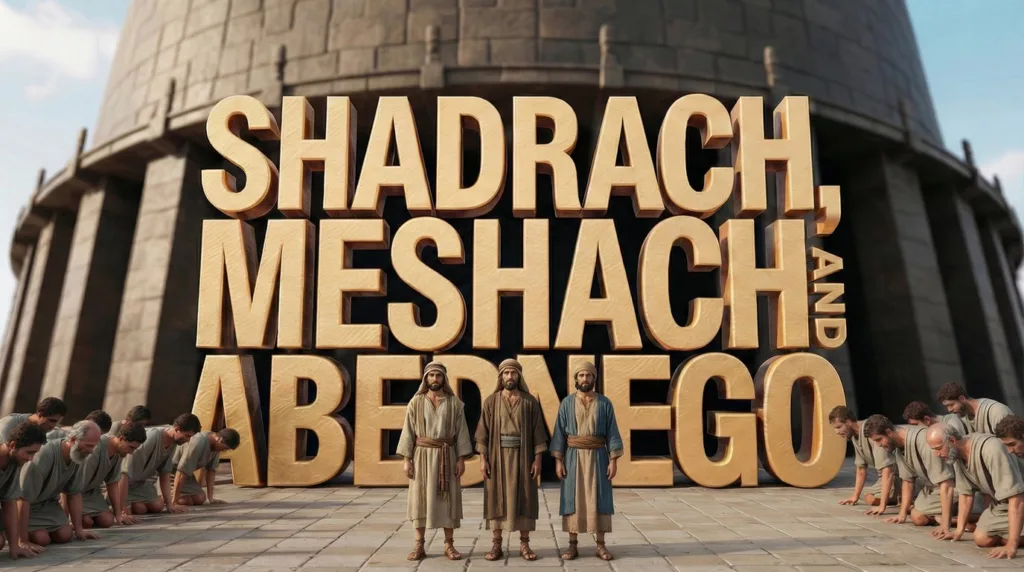The cedars of Lebanon are frequently mentioned in Scripture as symbols of strength, durability, majesty, and blessing. These massive, fragrant, and long-living trees were highly valued in the ancient world, especially for construction.
Psalm 92:12 uses the cedar to describe the flourishing of the righteous:
“The righteous shall flourish like a palm tree, he shall grow like a cedar in Lebanon.”
The cedar’s towering height and deep roots make it a picture of stability and growth under God’s care.
These trees were prized building materials. Solomon used them extensively in the construction of the temple. 1 Kings 5:6 says:
“Therefore command that they cut down cedars for me from Lebanon… for you know there is none among us who has skill to cut timber like the Sidonians.”
The cedars were so valuable that they were imported from Tyre and managed under a trade agreement with Hiram, king of Tyre. Their inclusion in the temple signified strength, glory, and permanence in God’s dwelling.
In the prophets, cedars sometimes represent nations or rulers. In Ezekiel 31:3, Assyria is compared to a cedar:
“Indeed Assyria was a cedar in Lebanon, with fine branches that shaded the forest…”
However, that passage ends in judgment, reminding that even mighty powers can fall if they exalt themselves.
Isaiah 2:13 lists “all the cedars of Lebanon” among things that will be humbled in the day of the Lord, showing that human pride, even symbolized by the strongest trees, will be brought low before God.
In Scripture, the cedar of Lebanon stands as a metaphor for righteousness, beauty, stability, but also the warning that what is lofty must remain humble before the Lord.





 Get the book that teaches you how to evangelize and disarm doctrines from every single major cult group today.
Get the book that teaches you how to evangelize and disarm doctrines from every single major cult group today.